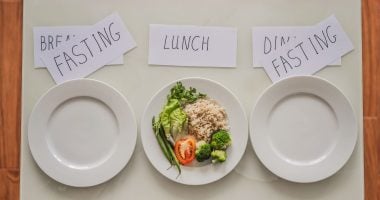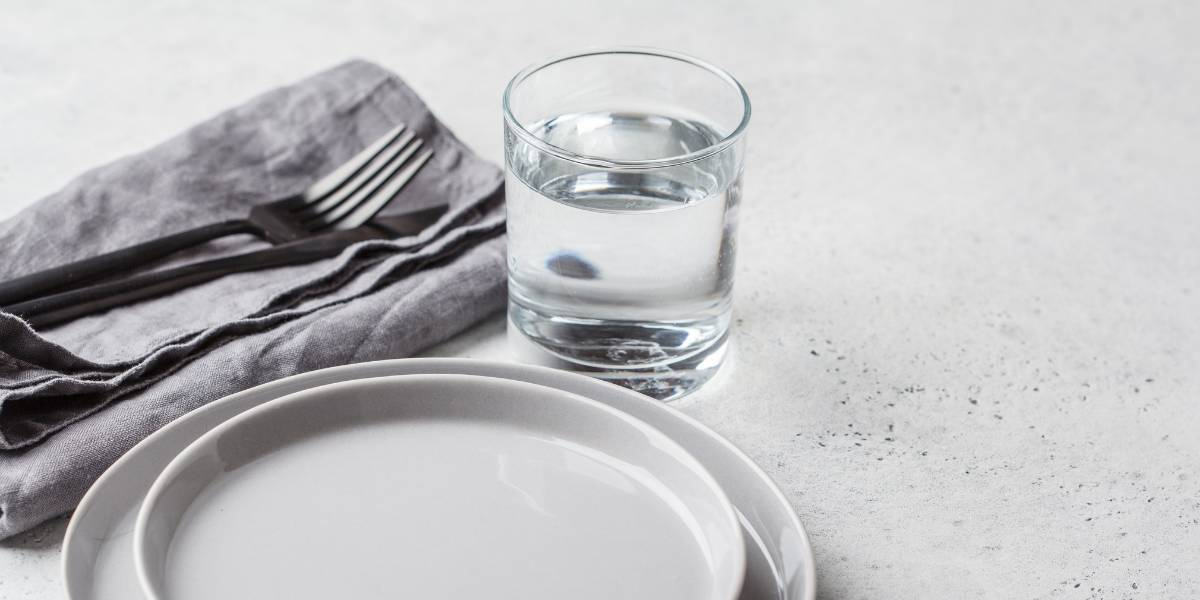Diets for type 2 diabetes should be built around the principles of healthy eating with a focus on foods that do not adversely affect blood glucose levels
As a general guide, your diet should include a good variety of vegetables, sources of unsaturated fats such as nuts, avocados and oily fish, while processed foods should be avoided.
Type 2 diabetes and the NHS diet
NHS diet advice generally recommends eating starchy carbohydrates with each meal, as well as more fruit and vegetables, at least two portions of oily fish a week, and less saturated fat, salt and sugars.
The most disputed part of the advice is the recommendation to eat starchy carbohydrates at each meal.
Many people with type 2 diabetes find that even low GI sources of starchy carbohydrate (such as basmati rice and whole grain bread) tend to significantly increase blood glucose levels.
Performing blood glucose tests before and two hours after meals can help you see which foods, and in what quantities, are appropriate for you.
- Read more on pre and post meal blood testing
Low-carb diets and type 2 diabetes
Low-carbohydrate diets tend to be popular with people with type 2 diabetes, with many people reporting improved blood glucose levels on a low carb diet, which can also help to reduce dependency on medication.
But despite their popularity and apparent effectiveness, low-carb diets, have yet to be endorsed by the NHS. Read more about low-carb diets and NHS recommendations.
The Low Carb Program provides education on diet and in particular a lower-carb lifestyle which helps people with type 2 diabetes reduce their HbA1c and weight and is the highest rated diabetes app used in the NHS.
People who are taking medication for type 2 diabetes should be aware that low-carb diets could raise the likelihood of hypoglycemia so it’s recommended to speak with your doctor before starting such a diet.
Raw food diets and type 2 diabetes
Raw food diets can be viewed as effective detox diets.
Some of the health advantages of raw food diets are a result of the reliance on freshly prepared food and the high amount of fruit and vegetables involved.
Raw food diets are quite restrictive and it’s recommended that you check with your doctor before starting a raw food diet to ensure you get a good balance of nutrients.
Very-low calorie diets and the Newcastle study diet
A study known as ‘the Newcastle diet study’ showed that a very-low calorie diet could be particularly effective at reversing the symptoms of type 2 diabetes. Then, in 2016, the diet was shown to reverse type 2 diabetes for up to six weeks
Since the results were published, a significant number of people with type 2 diabetes have been keen to give the eight-week long diet a try.
Very-low calorie diets such as the Newcastle diet are viewed as being quite extreme and are not recommended without supervision from a doctor.






